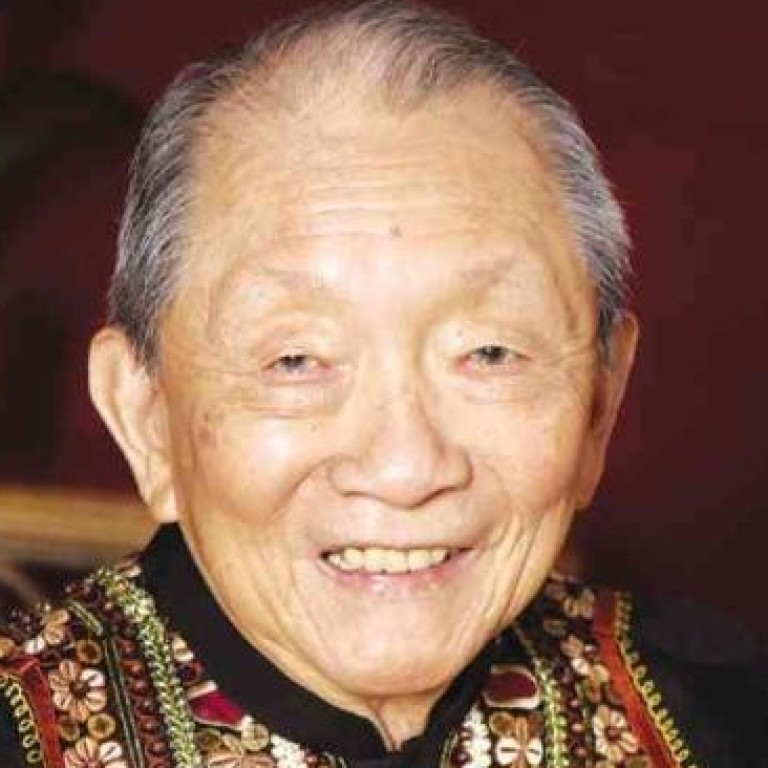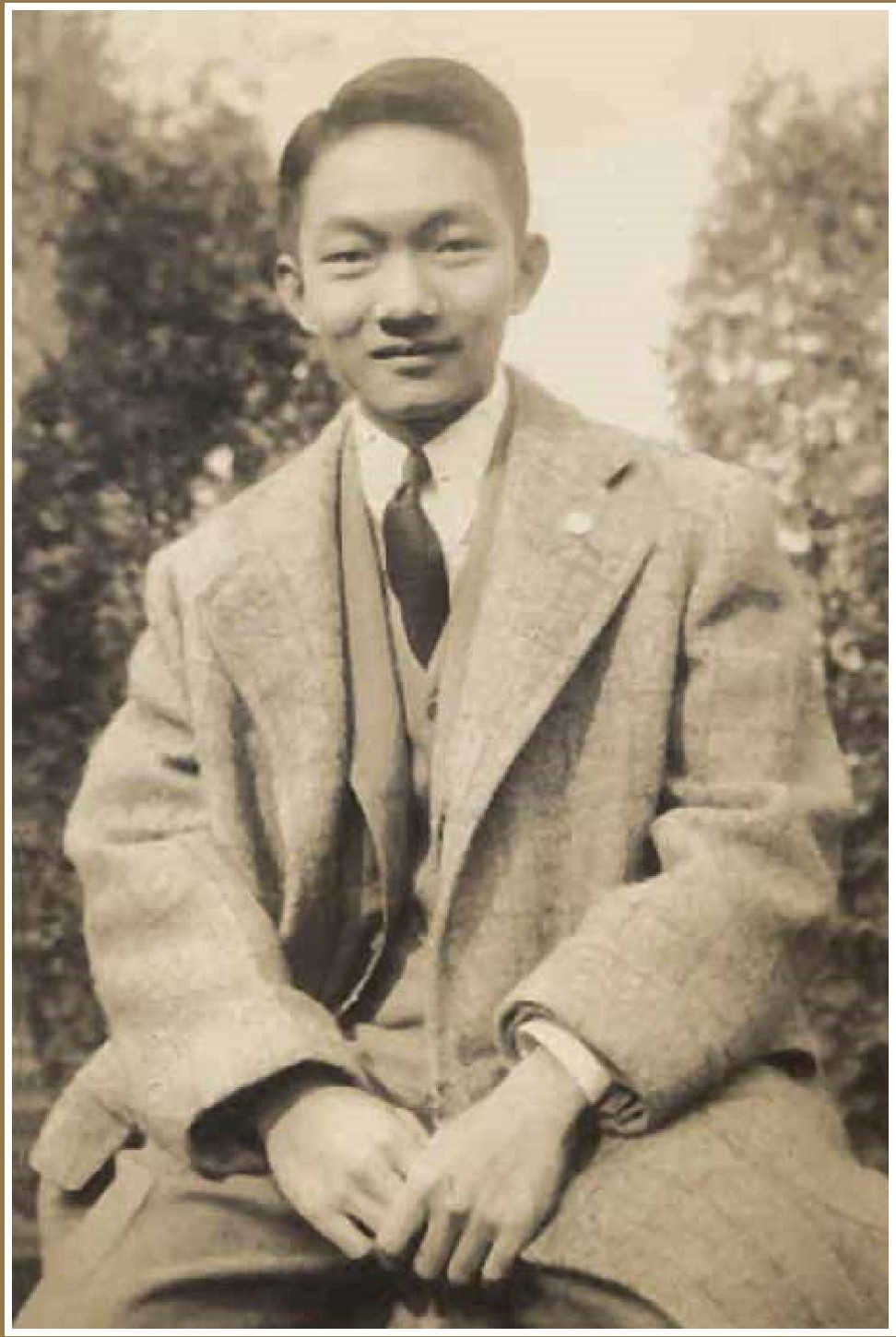
Remembering Wash SyCip: the one-man council of elders who helped transform the Philippines
- World War Two opened the world to Wash, transforming his life and giving him a vital perspective on how the world could change
- Business Process Outsourcing is a key pillar of the Philippine economy – the sector owes a great deal to Wash and the firm he founded in Manila in 1946
Manila, Jakarta and Bangkok are vast Southeast Asian cities – rambunctious and extremely competitive, verging on cutthroat.
Nowadays, everyone knows Business Process Outsourcing (BPO) is a key pillar of the Philippine economy. Last year, the sector generated US$24 billion in revenue, providing employment to more than 1.3 million workers as well as stimulating a property and consumption boom.
Explained: dictator Marcos, drug war and Islamic militancy in Philippines
However, few people realise the genesis of this sector owes a great deal to Wash and the accounting-turned-consulting giant SGV Group, which he founded in Manila in 1946.
“Back in the 60s and 70s, SGV was the largest accounting firm west of the Mississippi,” says Cesar Purisima, who was twice secretary of finance and one of Wash’s protégés at SGV. “In the 1980s, Wash and SGV started offering BPO services in partnership with the-then Andersen Consulting through what was then referred to as the Manila Solutions Centre.”
Indeed, Wash grasped early on that corporate clients would seek to lower the cost of back-office services – accounting, payroll – while maintaining standards. Of course, we can never know if he anticipated the sheer scale of the demand he had identified.

One of his most endearing traits was his ability to focus on his dinner partner or interlocutor to the exclusion of everything else. In this era of continuous distractions – smartphones and social media – it’s very important to be able to concentrate and listen because that’s how you connect with people. It’s also how you learn and then, later in life, keep learning. For Wash, learning and education were at the core of everything he did.
He was crucial in the founding of the Asian Institute of Management (or AIM) – the region’s premier business school and funded the education of countless poor Filipinos.
“He was a one-man council of elders for many corporate Philippine movers and shakers,” says Doris Ho, president and CEO of the Magsaysay Group. “He mentored top professionals, advised most Filipino tycoons and sent to school hundreds of thousands of underprivileged children. He had strong faith in the Filipino, even during the worst of times.”
He was a one-man council of elders for many corporate Philippine movers and shakers
Ploughing through reams of Japanese transcripts in search of precious intelligence must have sharpened his mind. He told his biographer the process was like sleuthing. You had a pile of raw data and the knowledge five bombers had been sent to bomb a certain place. Then, you had to work backwards looking for patterns that matched the information until you could fill the blanks.
“Decoding enemy messages in the middle of nowhere may not sound attractive to most but it gave me a perspective on how, in time, the world will become smaller through communication links,” Wash wrote many years later of those years living alongside Bengal’s Hooghly River. “My experience there taught me that what would be considered remote will eventually be connected to the mainstream. Players from different industries will come from large, emerging and small economies; this makes it essential to speak a common financial language.”
Massacre in Manila: the forgotten second world war battle that destroyed a city
World War Two opened the world to Wash and transformed his life. He learned new languages, unusual skills and lived in parts of the globe he never expected to visit.
By comparison, most of us have grown up in times of peace. When faced with adversity, we often lack the fortitude to weather the changes. It’s about building character: our experiences shape our future and relatively “soft times” may mean we do not have the depth and breadth of previous generations.
Wash maintained his independence and was scathing of his homeland’s atrocious political leadership. Unafraid of controversy, he also questioned the effectiveness of democracy in delivering effective governance, citing the success of authoritarian states such China and Vietnam in reducing poverty compared to India and the Philippines.
Indeed, the Philippines misses his robust and principled voice.

